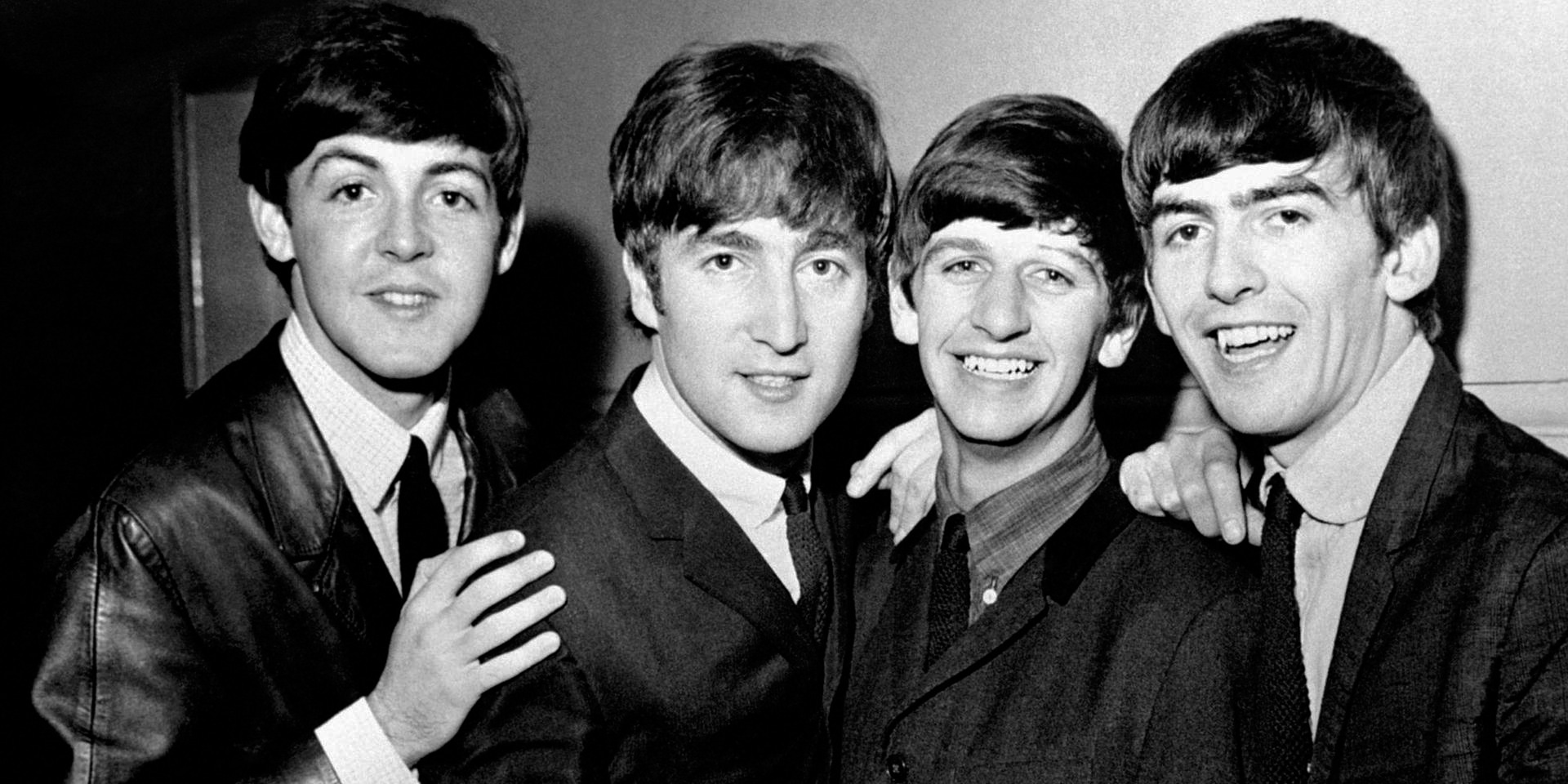In the ever-evolving landscape of music and pop culture, few genres have left as indelible a mark as rock music. From its rebellious roots to its metamorphic presence in the contemporary music scene, rock music has been a defining force in shaping not just the musical landscape but also the culture that surrounds it. In this article, we delve deep into the influence and legacy of rock music on contemporary music and pop culture, and explore the exciting prospects that lie ahead for the genre.
The Birth of a Revolution
Rock music, like many other great cultural movements, was born out of rebellion. Its origins can be traced back to the 1950s, with artists like Elvis Presley, Chuck Berry, and Little Richard pioneering a new sound that combined elements of rhythm and blues, gospel, and country music. This revolutionary fusion of styles gave birth to a genre that would capture the hearts and minds of countless generations.
The early days of rock were marked by a raw, unbridled energy that resonated with young people searching for an identity in a post-war world. The music was characterized by powerful vocals, scintillating guitar riffs, and lyrics that spoke to the challenges and aspirations of youth. This era laid the foundation for rock music’s enduring influence on popular culture.
As rock music evolved, it diversified into various subgenres, each with its own unique characteristics and fanbase. From the psychedelic sounds of the 1960s to the hard-hitting heavy metal of the 1970s and the punk revolution of the late 1970s and 1980s, rock music continued to reinvent itself while retaining its core ethos of rebellion and self-expression.
One of the most iconic periods in rock history was the 1960s, with bands like The Beatles, The Rolling Stones, and Jimi Hendrix leading the charge. This era saw rock music transcend mere entertainment to become a powerful platform for social and political commentary. Songs like “Imagine” by John Lennon and “Sympathy for the Devil” by The Rolling Stones served as anthems for change and self-awareness.

Rock Music’s Impact on Contemporary Music
The influence of rock music on contemporary music is profound and undeniable. It has seamlessly woven its way into various genres, from pop to hip-hop, leaving an indelible mark on each. The rock ethos of authenticity, rebellion, and emotional intensity has seeped into the DNA of modern music.
Pop Music
Pop music has been greatly influenced by rock. Contemporary pop artists often incorporate rock elements into their music to add depth and edge. The powerful vocal delivery and live performances of artists like Beyoncé and Lady Gaga draw inspiration from the rock icons of the past. Songs like Queen’s “Bohemian Rhapsody” and Michael Jackson’s “Beat It” exemplify the fusion of pop and rock.
Hip-Hop
Hip-hop, a genre rooted in urban culture and storytelling, has embraced rock music’s expressive qualities. Artists like Kanye West and Eminem have sampled rock tracks and collaborated with rock musicians to create genre-defying hits. The marriage of rock and hip-hop has produced tracks that resonate with a wide and diverse audience.
Electronic Dance Music (EDM)
Even the electronic dance music scene has not been immune to the rock influence. EDM festivals often feature live performances with rock elements, creating a unique fusion of sound that captivates audiences. The energy and spectacle of rock concerts have become an integral part of the EDM experience.

The Legacy of Rock Icons
Rock music has given birth to legendary figures whose impact extends beyond the realm of music. Icons like David Bowie, Jimi Hendrix, and Freddie Mercury not only defined an era but also challenged societal norms and pushed the boundaries of self-expression. Their influence on fashion, culture, and activism is immeasurable.
David Bowie’s androgynous style and genre-defying music made him an emblem of individuality and self-acceptance. Jimi Hendrix’s virtuosity on the guitar redefined the possibilities of the instrument. Freddie Mercury’s unparalleled stage presence and vocal prowess made him one of the most revered performers in history. These icons, among many others, continue to inspire artists across the globe.
The Future of Rock Music
The future of rock music is an exciting prospect. While some critics have declared the genre “dead” or in decline, there are compelling reasons to believe otherwise. Rock music has always been about reinvention, and it continues to evolve to meet the tastes and preferences of a new generation.
Rock musicians are exploring new frontiers by integrating technology into their music. Innovations in recording, production, and live performances are pushing the boundaries of what rock can be. Bands like Radiohead have embraced electronic elements, creating a synthesis of old and new.
In the World of Rock Music, as in Life, one Thing is Certain: The Show Must Go on.
In a world marked by constant change and uncertainty, rock music remains a powerful medium for addressing social and political issues. Contemporary artists like Rage Against the Machine and System of a Down use their music to spark important conversations and advocate for change.
The influence and legacy of rock music on contemporary music and pop culture are profound and enduring. From its rebellious origins to its continued evolution, rock music has shaped not only the musical landscape but also the cultural tapestry of society. It has left an indelible mark on various genres and continues to inspire new generations of musicians and artists.
As we look to the future, rock music’s resilience and capacity for reinvention remain its defining features. With a rich history of innovation and a commitment to pushing boundaries, rock music is poised to continue making waves in the ever-evolving world of music and pop culture. Its legacy endures, and its future is as promising as ever.

